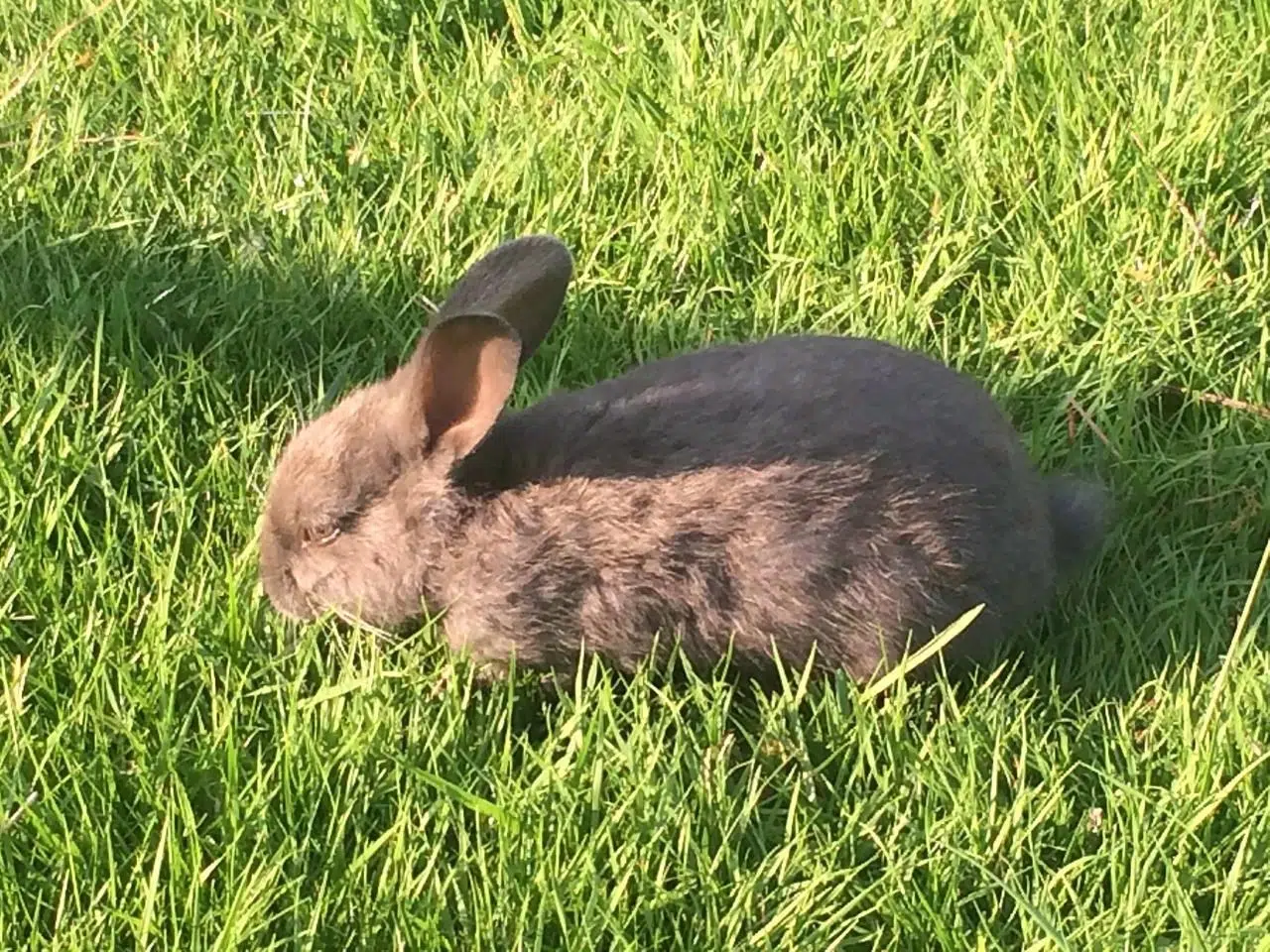
B.C. zoo quarantines bunnies to protect them from deadly virus
VANCOUVER — A disease that’s killed hundreds of feral rabbits in British Columbia has prompted a Metro Vancouver zoo to take precautions to protect its bunnies and those of the public.
Menita Prasad, animal care manager of the Greater Vancouver Zoo, said four of the animals have been placed under prolonged quarantine to guard against the spread of rabbit hemorrhagic disease.
The virus that affects European rabbits has been detected in the Vancouver Island communities of Nanaimo and Comox as well as in Delta, B.C.
It includes fever and convulsions and kills a rabbit within 36 hours.

